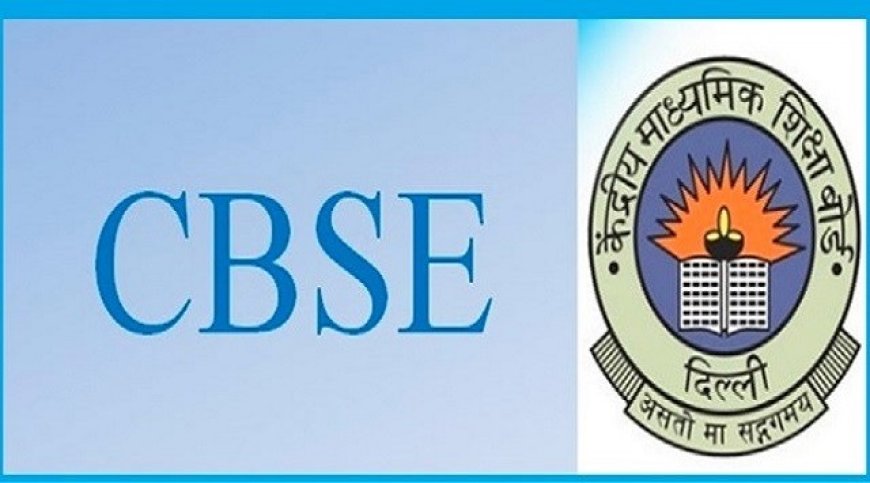CBSE Approves Open-Book Assessment for Class 9 Starting 2026-27
CBSE introduces open-book assessments for Class 9 from 2026-27, promoting critical thinking and application-based learning.

CBSE Approves Open-Book Assessment for Class 9 Starting 2026-27
The Central Board of Secondary Education (CBSE) has officially approved the introduction of open-book assessments for Class 9 students starting from the 2026-27 academic year. This progressive move marks a significant shift in India’s examination system, aiming to make learning more application-based and less dependent on rote memorization.
A Step Towards Conceptual Learning
Open-book assessments encourage students to focus on understanding concepts rather than memorizing information. With access to textbooks and approved notes during the exam, learners will be tested on their ability to analyze, interpret, and apply knowledge to real-life situations.
Why CBSE Is Implementing This Change
The decision aligns with the recommendations of the National Education Policy (NEP) 2020, which emphasizes skill development, critical thinking, and problem-solving abilities. CBSE believes this format will reduce exam stress, promote deeper learning, and prepare students for higher education and competitive exams where analytical skills matter more.
How the Open-Book Assessment Will Work
Students will be allowed to bring specific study materials into the exam hall. The questions will be designed to test comprehension and reasoning rather than direct recall. While this may seem easier at first, success will depend on how well students can navigate resources and present relevant answers under time constraints.
Impact on Teaching and Learning
Teachers will likely adapt their teaching methods to match the new exam style, shifting from lecture-based learning to interactive discussions, project-based assignments, and case studies. Students will need to develop skills in quick reference, summarization, and logical presentation of answers.
A Gradual Rollout
CBSE plans to monitor the effectiveness of open-book exams closely in the first few years. Feedback from students, teachers, and schools will be considered before expanding the model to other classes or subjects.
Conclusion
The introduction of open-book assessments for Class 9 from 2026-27 represents a modern approach to education in India. By prioritizing comprehension and real-world application over memorization, CBSE is paving the way for a generation of students who are better equipped for academic and professional challenges ahead.

 Ellofacts
Ellofacts 





